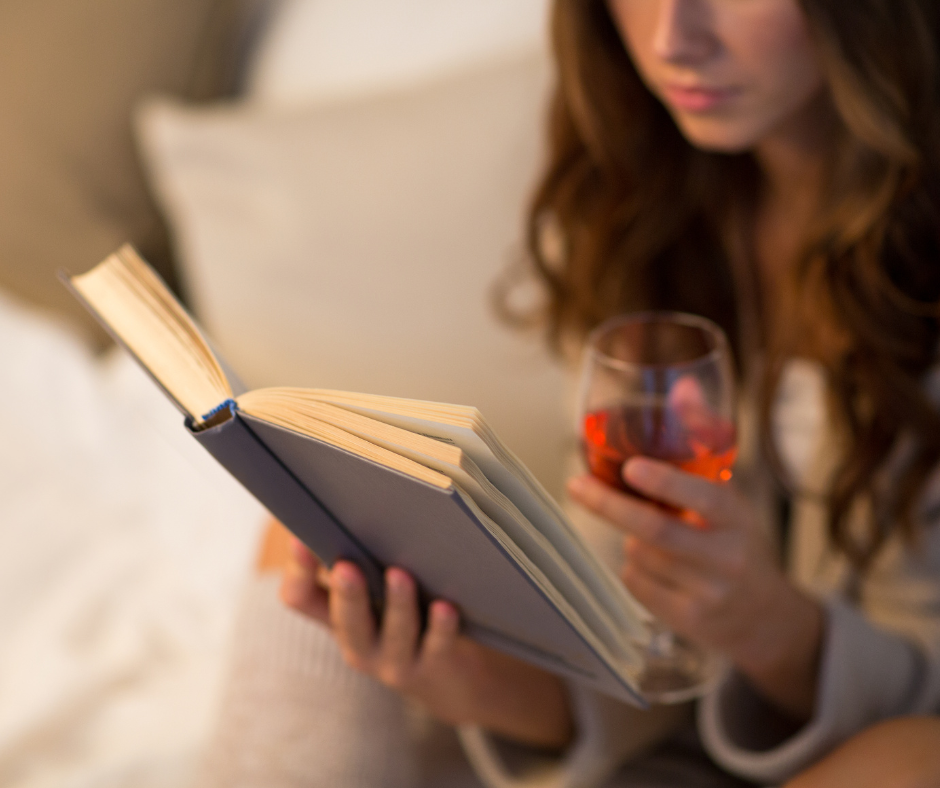I’m sure that many of us have indulged now and then in a glass of wine to ease the stress of the day before bedtime. But alarmingly, one in ten Americans has become dependent on a nightly drink to help them relax and fall asleep. As a natural sedative, alcohol can induce sleep. However, that seemingly innocuous “nightcap” negatively affects overall sleep quality because as your body metabolizes alcohol throughout the night, it results in profound effects on your sleep cycle.
How does alcohol affect sleep?
Alcohol affects sleep by reducing the amount of time spent in deep sleep which is when the body restores tissues, builds bone and muscle, strengthens the immune system, and properly stores memories inside the brain. This lack of deep sleep leaves you feeling tired and unrefreshed. Alcohol also disrupts the rapid eye movement (REM) stage of sleep, affecting mood, memory, and cognitive abilities.
Alcohol also influences the circadian rhythm which anchors the body to a 24-hour cycle. To prepare for sleep, our bodies release a hormone in the evening called melatonin. Drinking alcohol before bedtime lowers melatonin levels which impacts sleep quality.
Alcohol also affects sleep by increasing the likelihood of snoring and sleep apnea. Alcohol relaxes muscles in the throat, increasing the likelihood that the airway will become blocked, potentially leading to loud snoring, gasping, and choking in some people.
What can you do to mitigate the negative effects of alcohol on sleep?
If you choose to drink alcohol, there are several things that you can do to minimize its negative effects on your sleep quality:
Limit your alcohol intake. The more alcohol you consume, the more likely it is to interfere with your sleep. If you choose to drink, do so in moderation.
Avoid drinking close to bedtime. Try to finish drinking alcohol at least a few hours before you plan to go to sleep. This will give your body time to metabolize the alcohol and reduce its effects on your sleep.
Stay hydrated. Drink plenty of water before and after drinking alcohol to prevent dehydration, which can make snoring and sleep apnea worse.
Practice good sleep hygiene. Make sure your sleep environment is conducive to good sleep. Keep your bedroom cool, quiet, and dark, and avoid using electronic devices before bedtime. Enjoy the comfort of a quality pillow. May I recommend the 6-Chamber Pillow with free shipping and returns?
What have we learned?
Alcohol has a significant impact on sleep quality. By limiting your alcohol intake, avoiding drinking close to bedtime, staying hydrated, and practicing good sleep hygiene, you can mitigate the negative effects of alcohol on your sleep and wake up feeling rested and refreshed.
Scroll down and sign up for our monthly newsletter to learn more.
Dream big, work hard, sleep ambitiously,
Joe Castignani



